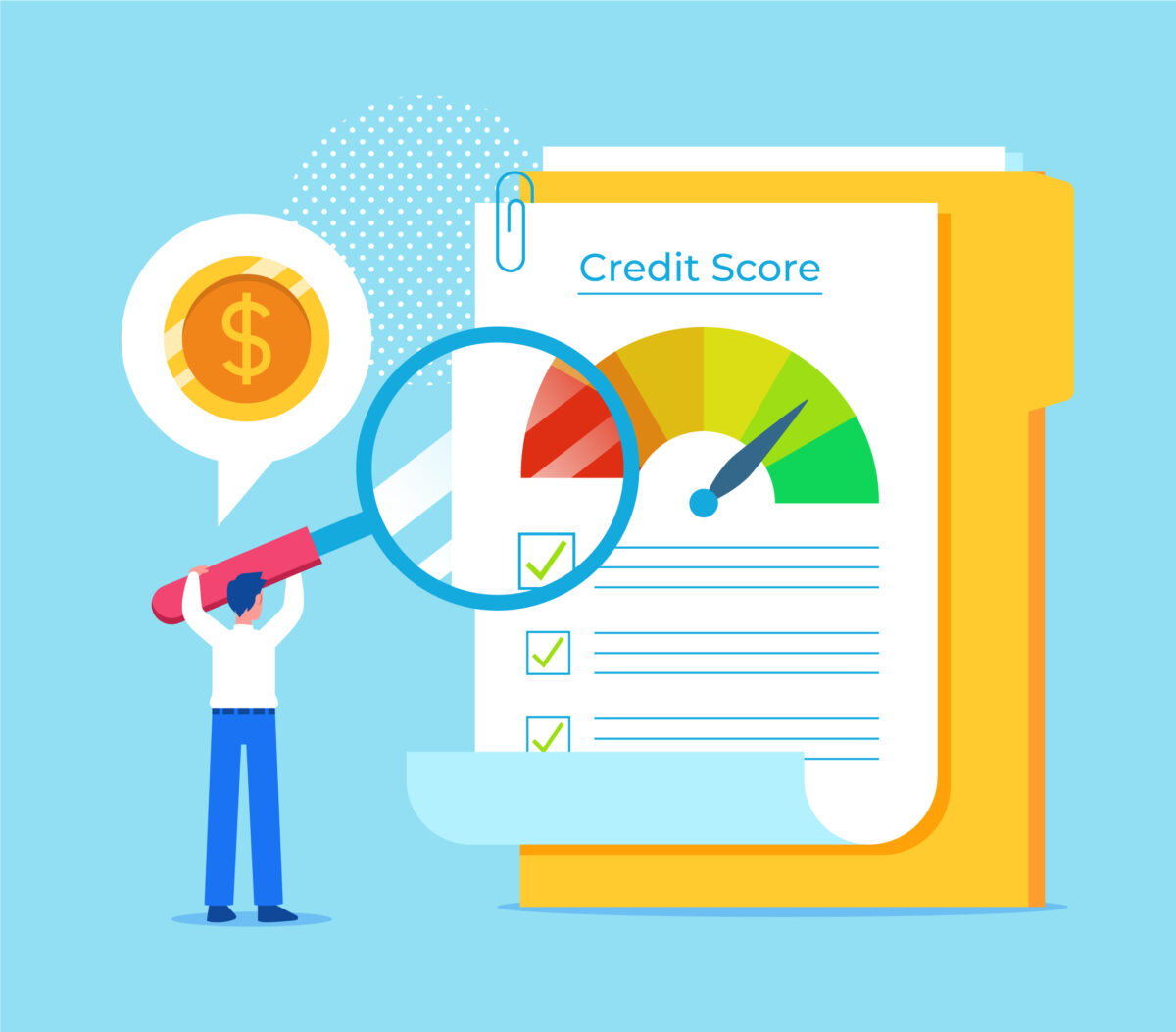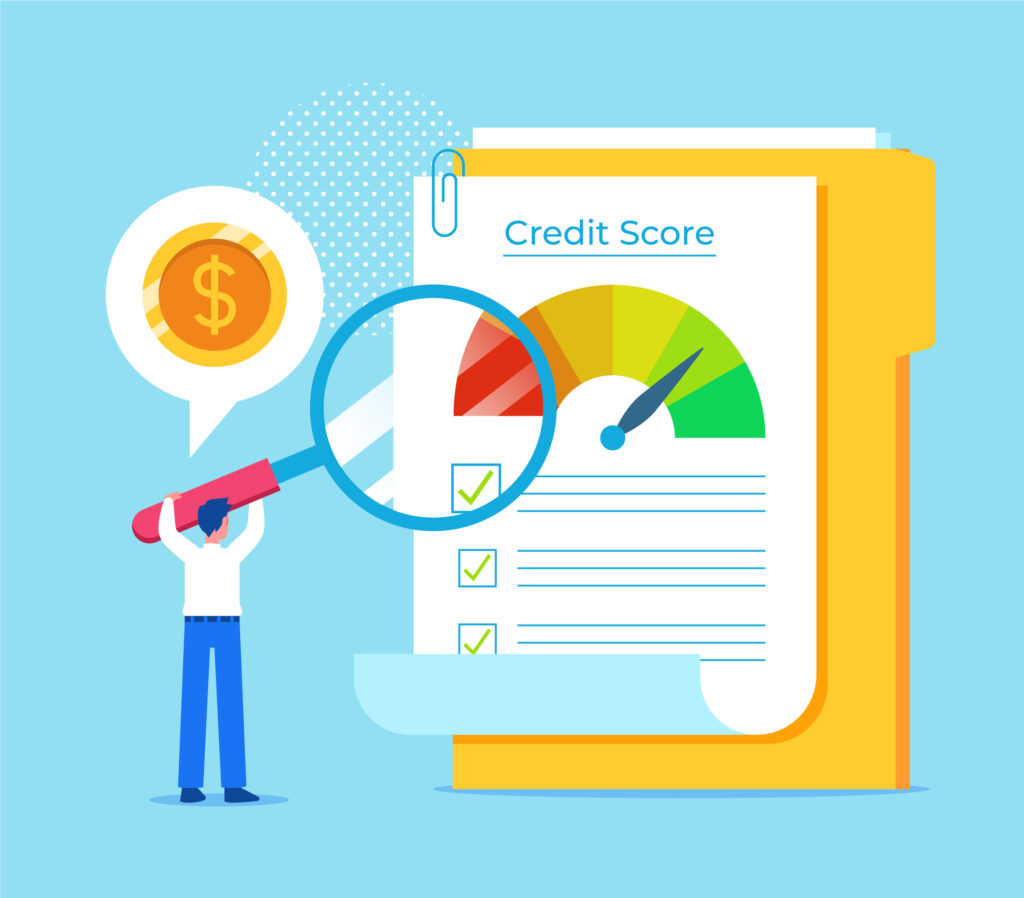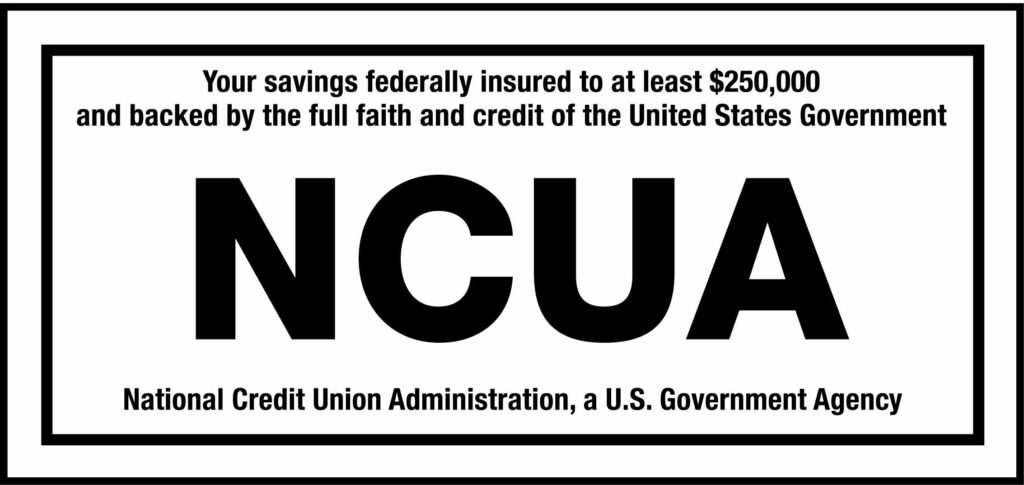What is a Credit Report?

Q: I’ve heard that I should be checking my credit report regularly to ensure my ongoing financial wellness. What is a credit report and how do I read mine?
A: Your credit report plays a crucial role in measuring your financial health and the outcome of many related opportunities. Whether you’re applying for a loan, a credit card or even a job, your credit report can significantly influence the outcome. A credit report is an important part of your financial health, so it’s important to understand what you’re looking for when you review it. Here’s everything you need to know about a credit report and how to read one.

What is a credit report?
A credit report is a detailed record of your credit history compiled by credit bureaus. It includes information about your credit accounts, such as loans, credit cards, and mortgages, as well as your payment history, credit limits, and balances. Credit reports are used by lenders, landlords, employers, and others to evaluate your creditworthiness and financial responsibility.
There are three major credit bureaus in the United States: Equifax, Experian and TransUnion. Each bureau collects and maintains its own version of your credit report, so it’s important to check all three regularly to ensure complete accuracy.
What’s in my credit report?
Understanding the components of your credit report can help you better manage your credit and identify any errors or fraudulent activities. Here’s what you’ll typically find in a credit report:
- Personal information. This includes your name, Social Security number, date of birth, current and previous addresses and employment history. This section is used to identify you and does not affect your credit score.
- Credit accounts. Also known as tradelines, this section lists your current and past credit accounts, including the type of account (e.g., mortgage, auto loan, credit card), the date the account was opened, the credit limit or loan amount, the account balance and your payment history.
- Credit inquiries. This section shows who has accessed your credit report and when. There are two types of inquiries: hard inquiries, which occur when a lender reviews your credit report as part of a credit application, and soft inquiries, which occur when you or a company checks your credit for non-lending purposes. Hard inquiries can impact your credit score, while soft inquiries do not.
- Public records. This includes information on bankruptcies, tax liens and civil judgments. Public records can significantly impact your credit score and remain on your report for several years.
- Collections. If you have any accounts that have been sent to collections, they will appear in this section. Collection accounts indicate that you have defaulted on a debt, which can severely damage your credit score.
Why does my credit report matter?
Your credit report is more than just a summary of your financial history. It’s a tool that can affect many aspects of your life. Here are some reasons why your credit report matters:
- Credit approval. Lenders use your credit report to determine whether to approve your credit applications and what terms to offer. A strong credit report can help you secure loans and credit cards with favorable interest rates and terms.
- Employment opportunities. Some employers check credit reports as part of the hiring process, especially for positions that involve financial responsibility. A poor credit report can impact your job prospects.
- Rental applications. Landlords often review credit reports to assess the risk of renting to a potential tenant. A good credit report can improve your chances of securing a rental property.
- Insurance rates. Insurance companies may use information from your credit report to determine your premiums. A better credit report can lead to lower insurance costs.
- Financial health. Regularly reviewing your credit report can help you track your financial health, identify errors or fraudulent activity and take steps to improve your credit score.
How can I access my credit report?
Under the Fair Credit Reporting Act (FCRA), you are entitled to a free credit report from each of the three major credit bureaus once every 12 months. You can request your free reports through AnnualCreditReport.com.
Here’s how to review your credit report effectively.
First, verify that all personal information is correct. Look for any errors in your credit accounts, such as incorrect balances or payment statuses.
Next, look for any potentially unauthorized accounts. If you spot any accounts you don’t recognize, it could be a sign of identity theft.
Now, review the list of inquiries to ensure you recognize all the entities that have accessed your report. Unauthorized hard inquiries can also indicate fraud.
Finally, examine all public records and collections on your credit report. If you’ve resolved a debt, make sure it’s reflected correctly.
How can I improve my credit report?
Maintaining a healthy credit report requires hard work and responsible financial behavior. Here are some tips to improve and maintain your credit report:
- Pay all bills on time. Your payment history is a major factor in your credit report. Always pay your bills on time to build a positive payment history.
- Keep your credit utilization down. Aim for a credit utilization ratio of 30% or less.
- Limit hard inquiries. Avoid applying for too much credit in a short time period. Each hard inquiry can temporarily lower your credit score.
- Monitor your credit regularly. Check your credit statements for errors or signs of fraud on a regular basis. Dispute any inaccuracies with the credit bureaus promptly.
- Build a diverse credit mix. Having a mix of different types of credit (e.g., installment loans, credit cards) can positively impact your credit score.
Your credit report is a vital tool in your financial toolkit, influencing many aspects of your life. Use this guide to learn what a credit report is, how to read one, and how to improve yours for optimal financial wellness.
Banking With A Purpose
Much more than a catchphrase, our tagline is our passion, our reason why we do what we do. This is the impact of your membership with AGCU.
Learn More About Banking with a Purpose




